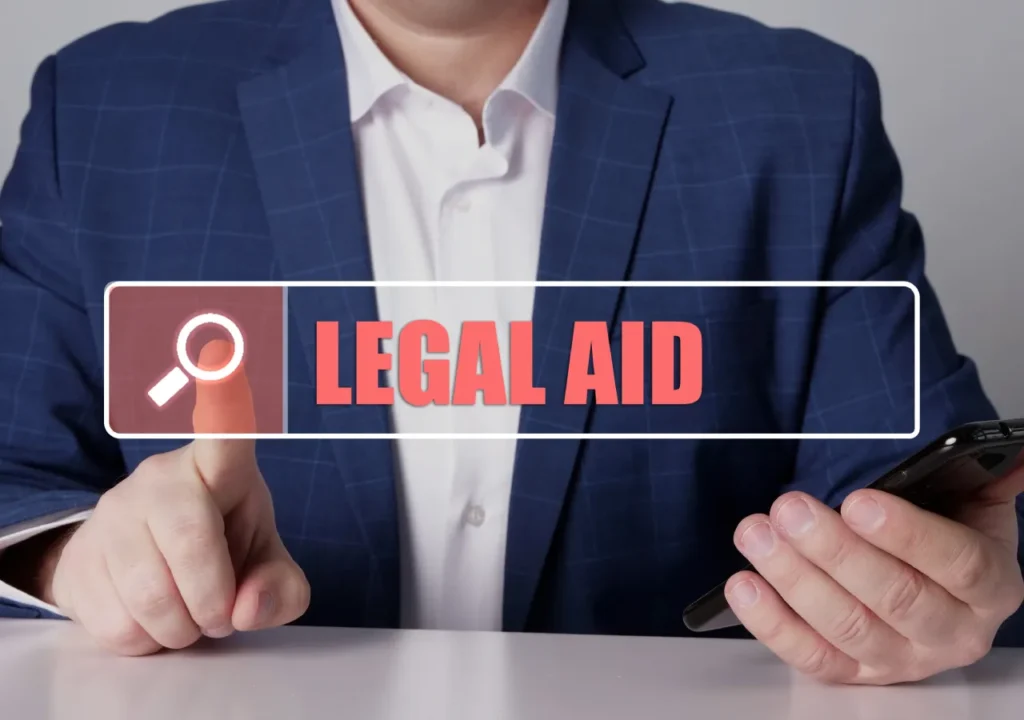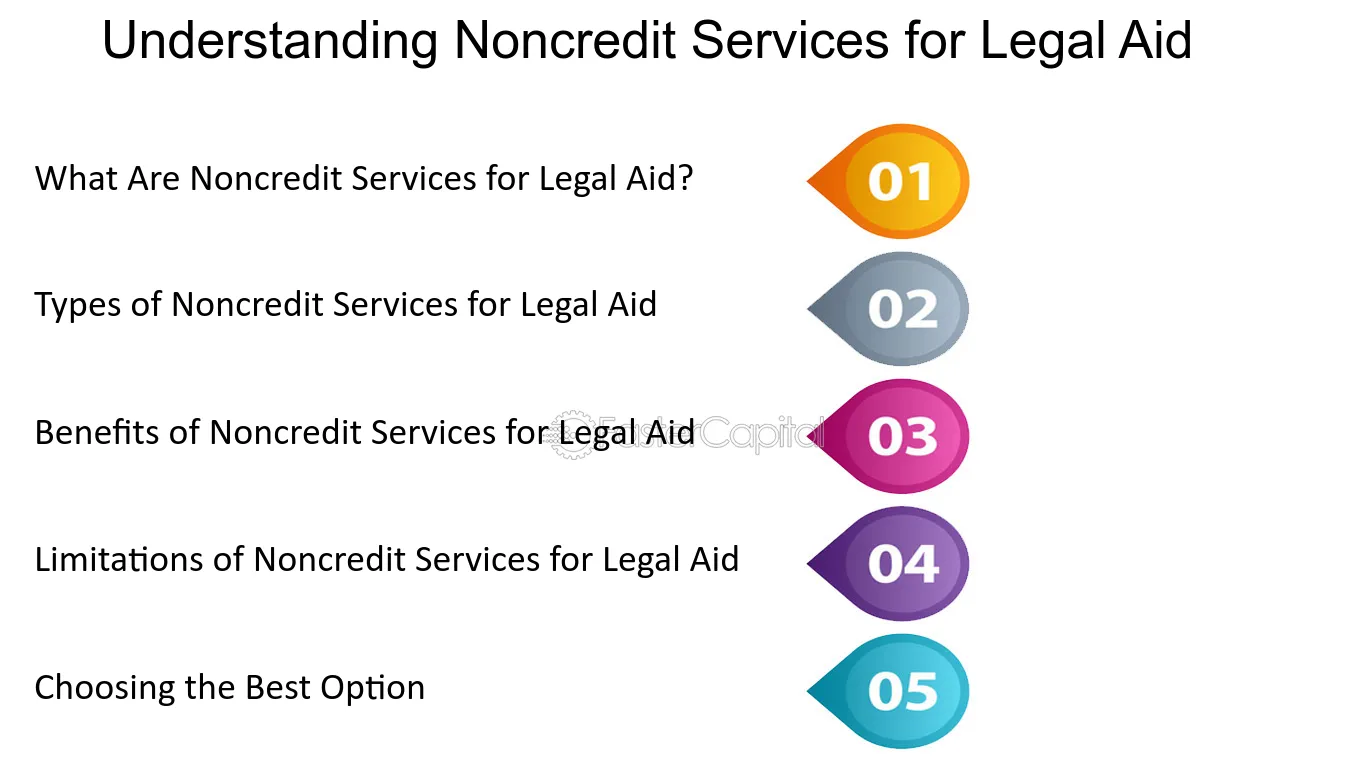Access to legal representation is a fundamental right, but for many low-income individuals and families, the high cost of legal services can be overwhelming. Whether facing eviction, dealing with domestic violence, navigating immigration issues, or seeking child custody, affordable legal help is often the difference between justice served and justice denied. Fortunately, there are reliable legal aid services for low-income individuals that provide free or reduced-cost legal assistance.
This guide explores the best legal aid services, how they work, who qualifies, and where to find them — ensuring that financial limitations never stand in the way of your rights.
Understanding Legal Aid Services
Legal aid services are organizations, programs, or attorneys who provide free or low-cost legal assistance to individuals who cannot afford traditional legal fees. These services are often funded by government grants, charitable donations, or nonprofit organizations.
Key Areas of Legal Aid
Legal aid often covers:
- Housing law – eviction defense, tenant rights, foreclosure prevention.
- Family law – divorce, child custody, domestic violence.
- Employment law – workplace discrimination, wage disputes.
- Immigration law – visas, green cards, asylum.
- Public benefits – Social Security, disability claims, unemployment benefits.

Top Legal Aid Services for Low-Income Individuals
1. Legal Services Corporation (LSC)
The Legal Services Corporation is the largest funder of civil legal aid in the United States. LSC supports a network of nonprofit legal aid offices across the country, offering free assistance for civil cases to those who qualify based on income.
Highlights:
- Covers all 50 states.
- Focus on housing, family, consumer, and employment law.
- Services available in multiple languages.
2. American Bar Association (ABA) Free Legal Answers
The ABA Free Legal Answers platform is an online service where eligible users can post legal questions and receive answers from volunteer attorneys.
Highlights:
- Convenient online platform.
- Quick turnaround for answers.
- Great for simple legal queries and guidance.
3. State and Local Legal Aid Programs
Each state and many cities have local legal aid organizations funded through a mix of federal, state, and private grants. Examples include:
- Legal Aid Society (New York)
- Bay Area Legal Aid (California)
- Texas RioGrande Legal Aid (Texas)
Why Choose Local Aid?
- Tailored to local laws.
- Physical offices for in-person consultations.
- Community outreach and workshops.

4. LawHelp.org
LawHelp.org provides a searchable directory of free legal aid services, self-help guides, and legal forms.
Highlights:
- Search by state and legal issue.
- Easy-to-understand guides.
- Links to trusted local legal aid providers.
5. Legal Aid Clinics at Law Schools
Many universities with law programs run legal aid clinics staffed by supervised law students. While these students are not yet licensed attorneys, they provide valuable assistance under faculty supervision.
Benefits:
- Free or extremely low-cost help.
- Passionate and thorough assistance.
- Often focused on underserved communities.
Who Qualifies for Legal Aid?
Qualification depends on:
- Income Level – Most programs serve those earning below 125%–200% of the federal poverty guidelines.
- Case Type – Civil cases only; criminal cases have public defenders.
- Residency – Some programs require you to live in a certain area.
- Other Factors – Age, disability status, or veteran status may grant priority.
How to Find the Best Legal Aid Service for You
- Identify Your Legal Need
Determine if your case involves housing, family, employment, or another legal area. - Search Local Directories
Use LawHelp.org or state bar association directories. - Check Eligibility
Review the income and case-type requirements. - Prepare Your Documents
Gather pay stubs, leases, court papers, and any related evidence. - Apply Early
Demand for legal aid is high; apply as soon as possible.
Tips for Maximizing Your Legal Aid Experience
- Be Honest and Transparent – Provide full details to your attorney.
- Stay Organized – Keep all paperwork in one place.
- Ask Questions – Clarify legal terms or processes.
- Follow Up – Stay in contact with your caseworker or lawyer.
Advantages of Legal Aid Services
- Affordability – Free or reduced-cost help for those in need.
- Accessibility – Available in urban and rural communities.
- Expertise – Qualified attorneys with experience in specialized areas.
- Empowerment – Helps individuals understand their rights and options.
Potential Limitations
- High Demand – Wait times can be long.
- Limited Scope – Some issues may not be covered.
- Income Restrictions – Not all low-income individuals qualify.
Internal Resources You Might Find Helpful
- How to Start a Small Business Legally
- Tenant Rights During Eviction Process
- How to Patent an Invention in USA
Conclusion
Access to justice should never depend on your bank account. With organizations like the Legal Services Corporation, ABA Free Legal Answers, local legal aid programs, and law school clinics, there are numerous resources ready to assist low-income individuals with vital legal issues.
If you or someone you know is facing a legal challenge without the means to afford an attorney, explore these services immediately — because your rights matter, no matter your income level.
